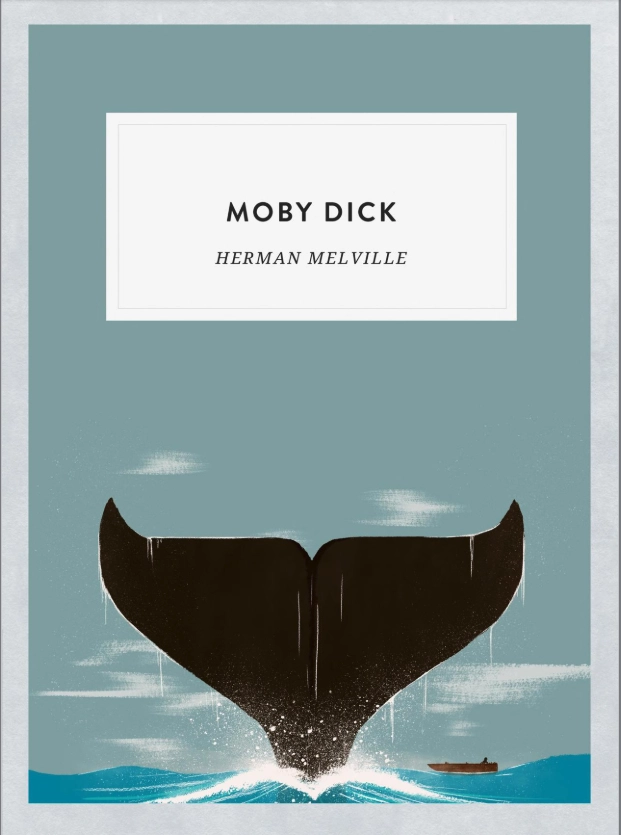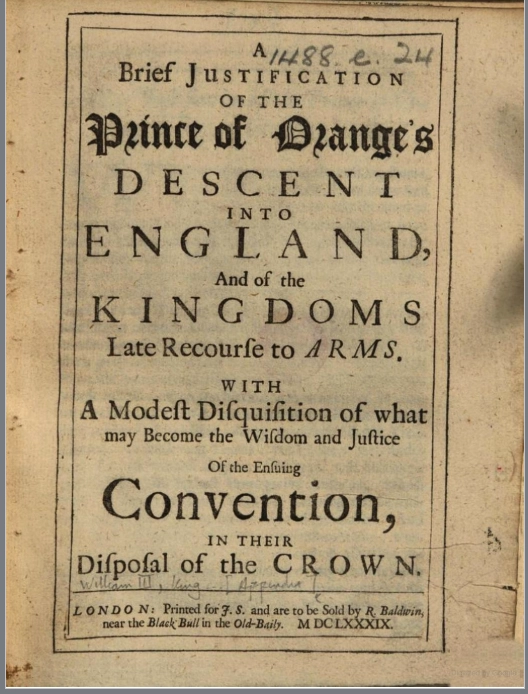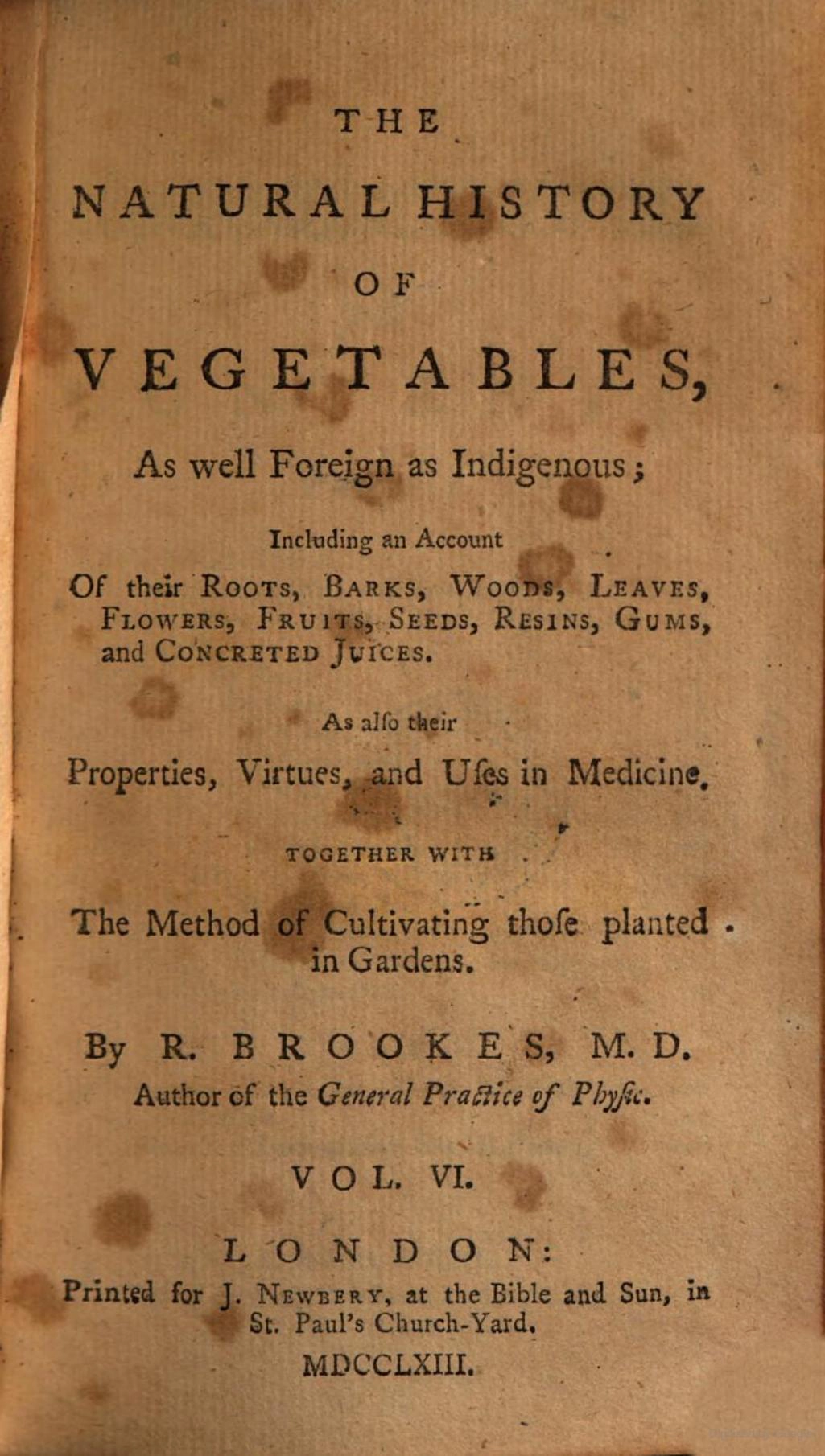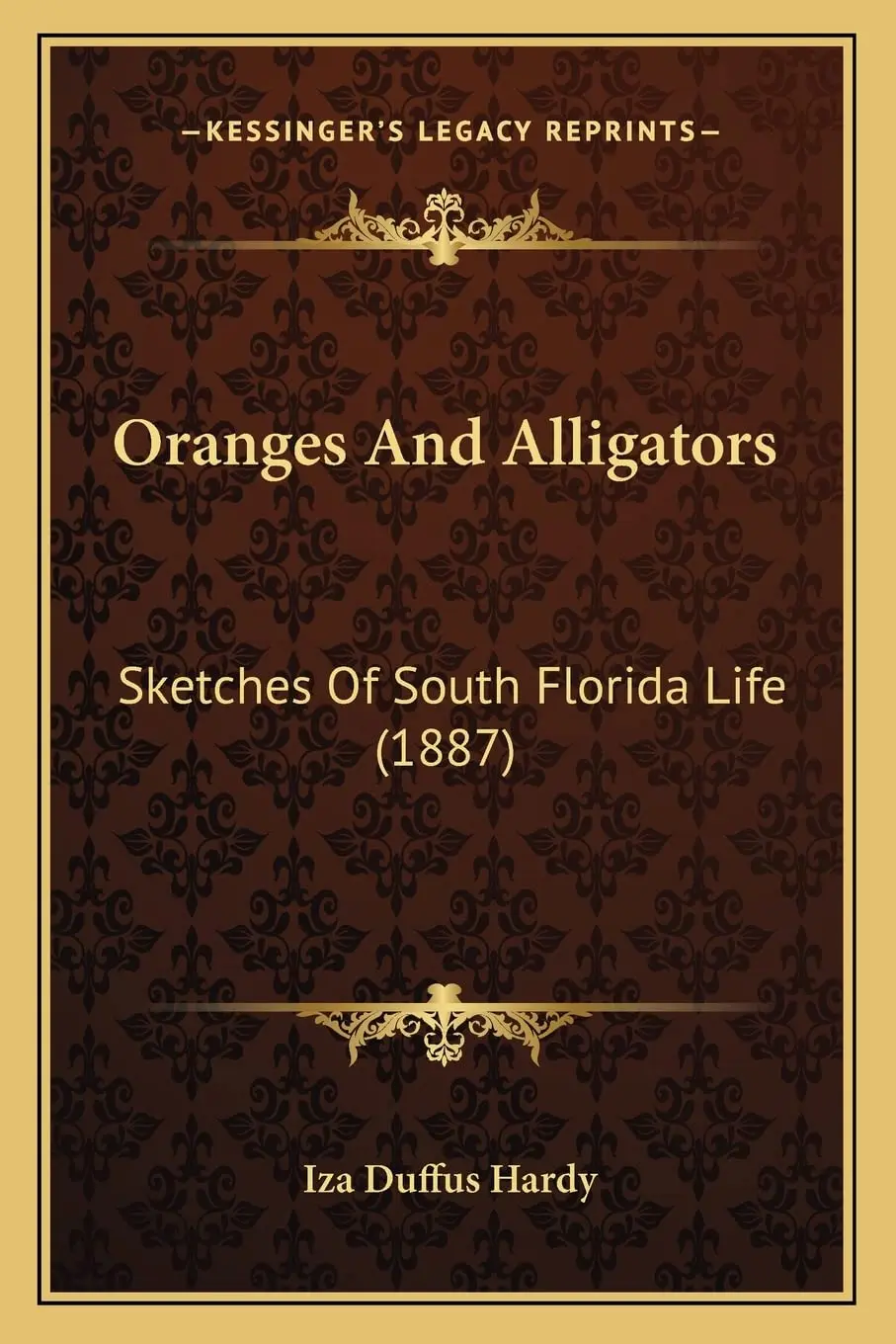News
Marketer Magazine: On The Record: Conducting Strong Interviews with the Media
Orange Extracts

Before the beginning of Herman Melville’s epic novel, Moby-Dick, he includes what he calls “Extracts” as quotes from other sources about the “Whale” supplied “by a sub-sub-librarian.” The “Sub-Sub appears to have gone through the long Vaticans and street-stalls of the earth, picking up whatever random allusions to whales he could anyways find in any book whatsoever, sacred or profane.” And so, we attempt to extract from history the word of the month.
ORANGE
1595
The ousel cock so black of hue,
With orange-tawny bill,
The throstle with his note so true,
The wren with little quill,—
From: Bottom, A Midsummer Night’s Dream, Act III, Scene I
1619
“Yet, let us say something on behalf of the first effusions of the Orange muse. Many of our early songs were poorly written; but we must, however overlook faults in rhyme, or grammar when we recollect that they were mostly the productions of rustic husbandmen, or humble mechanics-still, when we pass over literary defects, we find spirited effusions, highly characteristic of bold times and brave hearts, Men do not sing their own defeat, and the Orangemen had no such lamentation to chant; on the contrary, their songs were songs of triumph, sung with spirit and chorused with enthusiasm.”
From: THE MARCHING OF THE LODGES A POEM. ORANGE MELODIES, OCCASIONAL VERSES, Stanzas for Music, BY BROTHER WILLIAM ARCHER

1689
“Especially seeing his Highness the Prince of Orange, with Compassion, Generosity, and Zeal, not to be paralleled on the File of History, hath put it into our own power, to retrieve and Re-establish the Privileges and Liberties which by force and Fraud have been wrested from us, to prevent their being either Invaded or Subverted hereafter, and to make such Additional Provisions, as shall be reckoned necessary, as well for our own enjoyment of the Refor. Med Religion, without fear or danger, and for transmitting it safe and uncorrupted to our Posterity, as for rendering the Kingdom, by reason of Wealth, Security, and Renown, the envy of all Nations about us.”
1700
“A very ingenious English Gentleman asserts that himself not only had seen but bought of them An. 1660, in Paris, whither they had been sent by Genoa Merchants; and that on some Trees he had found an Orange on one Branch, and a Lemon on another Branch, as also (consonant to the Florentine Information) one and the fame Fruit half Orange and half Lemon; and sometimes three quarters of one kind, and one of the other.”
From: The Philosophical Transactions and Collections to End of the Year MDCC. By John Lowthorp, M.A., F.R.S, in which the Latin papers are now first translated into English. 1700.

1763
“Orange peel is an excellent bitter, especially that of Seville oranges, and strengthens the stomach, helps digestion, attenuates gross humours, discusses wind, and eases cholic pains proceeding therefrom. It is an ingredient in tinctures, called stomachic bitters, and is now common in taverns, where they mix it with a glass of wine and drink it before dinner to create an appetite. This perhaps might be proper sometimes when used sparingly, but it is now turned into a great abuse. The essential oil distilled from the rind is also proper for the same uses, when two or three drops are taken upon sugar, as well as the peel, when it is candied. The pulp of sweet oranges is cooling, quenches thirst, and excites the appetite; but the juice of four oranges not only serves to make a cooling drink in hot weather, but is of late found to be excellent against the scurvy. Some pretend that a whole sweet orange eaten before the fit of a tertian ague, will often prevent it.”
From: A New and Accurate System of Natural History, Volume 6, By Richard Brookes
1769
“When Lewis XIV invaded the United Provinces, the whole people were seized with such terror, as nothing but the immediate dread of the horrible inundations to which those countries are subject, could equal. Then it was that the young prince of Orange formed a resolution, which seemed to be the effect of despair itself, to deliver his country, or perish in the attempt. He soon gave vigour and dispatch to the councils of the States, infused a military spirit into their raw and undisciplined troops, and not only checked the rapid progress of Lewis, but ravished from his hands the towns he so perfidiously had taken. The most unjust, as well as the most trivial actions of this vainest of all princes, are committed to sculpture*; and even his courage has been immortalized. There is a print by Edelinck, after Le Brun, which represents him on horseback; and just under his horse's feet is a figure partly man and partly frog, holding the darts of the Seven Provinces. But we know that the courage of the young stadtholder of these Provinces was as much superior to that of Lewis XIV. as the spirit of a lion is superior to that of a frog.”
From: A Biographical History of England from Egbert the Great to the Revolution, By the Rev. J. GRANGER, Vicar of Shiplake, in Oxfordshire
1877
ORANGE CULTURE, Chapter One: THE PROFIT OF ORANGE GROWING,
“When compared to the profit arising from other kinds of business, is so large that a statement of facts is often withheld because the truth seems fabulous to those who have only had experience in the cultivation of other kinds of fruits. Those engaged in the business consider each tree, so soon as it is in healthy and vigorous bearing, worth one hundred dollars. Indeed the annual yield of such a tree will pay a large interest on the one hundred dollars-from ten to an hundred and in some instances one hundred and fifty per cent. per annum. Now if we take into consideration that from forty to one hundred trees are grown on an acre, the yield is immense. … the man who has once brought his trees into successful bearing, can enjoy all these and much more besides, having at his command an income quite equal to that commanded by owners of blocks of well improved real estate in our towns and cities, with not one-tenth part of the original cost of city investments. … And even if a frost should come severe enough to cut down full grown trees and but one such frost has come in the history of Florida-the owner of such a grove has but to wait quietly for three years, and out of the ruin will come a second fortune as large as the first, and without the cost of brick, mortar and workmen. The age to which the orange tree lives, from three hundred to four hundred years, is so great that Americans do not know how to consider it in the light of a permanent investment. “
From: Treatise And Hand Book On Orange Culture In Florida. By T. W. Moore, Fruit Cove, Fla.

1887
“Nowhere does the orange thrive better, nor attain a finer quality, size, and flavour. Besides the citrus fruits, the more purely tropical products, as the banana, pine-apple, guava, cocoa-nut, date, pomegranate, mango, sugar-apple, and especially the sugar-cane, will grow and flourish most profitably in certain streaks of land on this river, some fine patches of rich hammock being peculiarly adapted to such crops. Sugar-cane promises great success and profit, when a little care and attention is given to its culture. Tomatoes, peas, pumpkins, and potatoes, are also good "paying" crops, and well suited to the land. Really, all that the Indian River requires is a few men of energy and wealth to develop its resources.”
From: Oranges And Alligators: Sketches Of South Florida Life. By Iza Duffus Hardy

1962
"And, slooshying with different bliss than before, I viddied again this name on the paper I'd razrezzed that night, a long time ago it seemed, in that cottage called HOME. The name was about a clockwork orange. Listening to the J.S. Bach, I began to pony better what that meant now ..."
From: A Clockwork Orange, By Anthony Burgess
1997
“One day the girl came from school and saw on the table three round ripe oranges. Hmmmm. They smelled good. The girl looked around her. No one was there. She took one orange, peeled it, and ate it. Hmmm-mmm. It was good. She took a second orange and ate it. She ate the third orange. Oh-oh, she was happy. But soon her stepmother came home.
“Who has taken the oranges I left on the table?” she said. “Whoever has done so had better say their prayers now, for they will not be able to say them later.”
The girl was so frightened she ran from the house. She ran through the woods until she came to her own mother’s grave. All night she cried and prayed to her mother to help her. Finally she fell asleep.
In the morning the sun woke her, and as she rose to her feet something dropped from her skirt onto the ground. What was it? It was an orange pit. And the moment it entered the earth a green leaf sprouted from it. The girl watched, amazed. “
From: The magic orange tree: and other Haitian folktales By Diane Wolkstein
Cinderella / Jack and the Beanstalk Haitian melange story online
